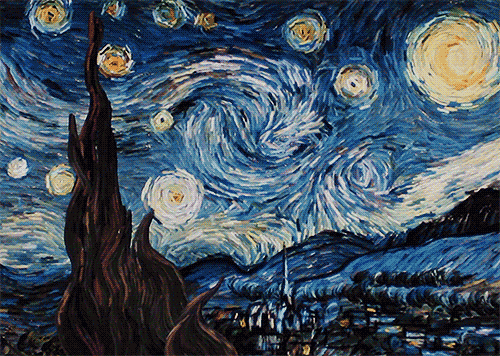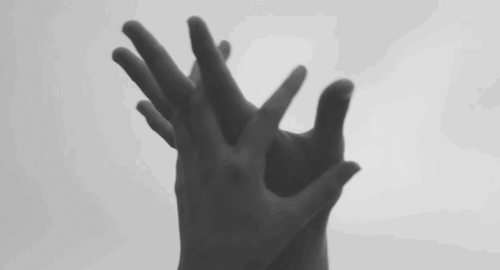
The Glass House
 Wowed.
Wowed.

"With fire, broken glass could be heated and remade into something whole. Something still pure despite its initial shattered state.
Love was the fire that burned inside me, and like truth, it burned brighter and hotter than anything. And while some fractures would always remain, they could become places the light shone out through instead of spaces to let the darkness in."

If you haven't read anything of this author, you better fix that. You never know when the next comet will cross the sky. Chances to make wishes are not infinite.

I've already learnt every single one of her main characters (so far) is young, alienated and abandoned by his mother. It can be tricky and some could say that unoriginal. The strangest thing is, I don't get tired of said formula, because, in spite of the heart being the same, the shape never rings the same. Whatever the plot is (contemporary, YA, sci-fi, BDSM, fantasy, historical...) I focus on one single thought: does it convince me? And even more: does it move me? I know I'm not saying anything out of the ordinary, but I've abandoned more than one author I liked just for the simple fact they were using the same story with different names and different hair color. I'm a person who gets tired of similarities easily... except when they tickle my fancy.

It's a short book, not even reaches 200 pages, but they are enough for the atmosphere to draw you in, until you are under its skin. At this point, nothing new under the sun. I already took for granted Suki was going to make it. And it's very dangerous to play that way because disappointments hit harder afterwards but I have never been a way too prudent.

The beginning is abrupt and shocks you by how unexpected it is. Maybe it's just my own perception of things, as starting books is a hard issue for me, I'm slow at picking up the rhythm. But that only lasted one single page, and since then it was as if I had been reading the book for ages. Every sentence was smooth, every paragraph guided you to the next one, and when you want to realize about it, you are deep into the story.

I loved the contrast of the main characters. Sasha is broken inside but acts otherwise, pushing people away in a mostly obnoxious way. Thomas has an inner peace that is detected since the very beginning, but he has to gather up courage to talk to Sasha. He's brave in a quiet kind of way, whereas Sasha tends to self-destruction. That doesn't change the fact Thomas has insecurities and fears when Sasha is around, but his integrity and honesty are the best weapons to conquer Sasha's heart.


Sasha lets go little more of himself every time. And in the end, he awakes and breaks free, in a critic moment when he pushes the self destruction away to destroy the source of his loss. I loved how the glass is impregnated everywhere. It's the origin of the suffering, but also a way of mourning and winning a heart and having his innocence back. Glass is everywhere: colored glass, melting glass, breaking glass, connecting glass, fragile as glass, sharp as glass, beautiful as glass, transparent as glass.

One of the facets I like the most is the slow-motion feeling. Every second is multiplied by. And although I know that it's a given characters in a book have more time to think about their words and actions than a person in real life, here it's even more evident. I felt I was diving into a sea of honey. Or falling like a snowflake in a crystal ball. If I had to summarize the story in a few words I admit that nothing really happens. It's an intimist tale, the emotions surrounds you and the beauty fills you whole like warm water. The rest is just secondary.

The common thread has an abstract sense due to the absence of defined limits. Everything broke the mold because emotions moved around, and real events are just a reminder for your feet to remain on the ground. Because, seriously, this book makes you levitate above the floor. As a Mary Poppins's kid laughing without the laughing part. The form doesn't come early and in the end that amorphous (but fascinating) story flows like a poem. It almost follows poetic rules.

The writing is attentive to every detail, but it's treated almost in a nonchalant way, it doesn't feel precise and perfectionist. But that kind of style doesn't come easy. There is only a way to achieve it: talent and talent to take advantage of said talent. I liked how the author never looses a chance to use her talent. It shouldn't be hidden in a closet. She took her talent and crystalized it into a captivating ballad I surely recommend.





